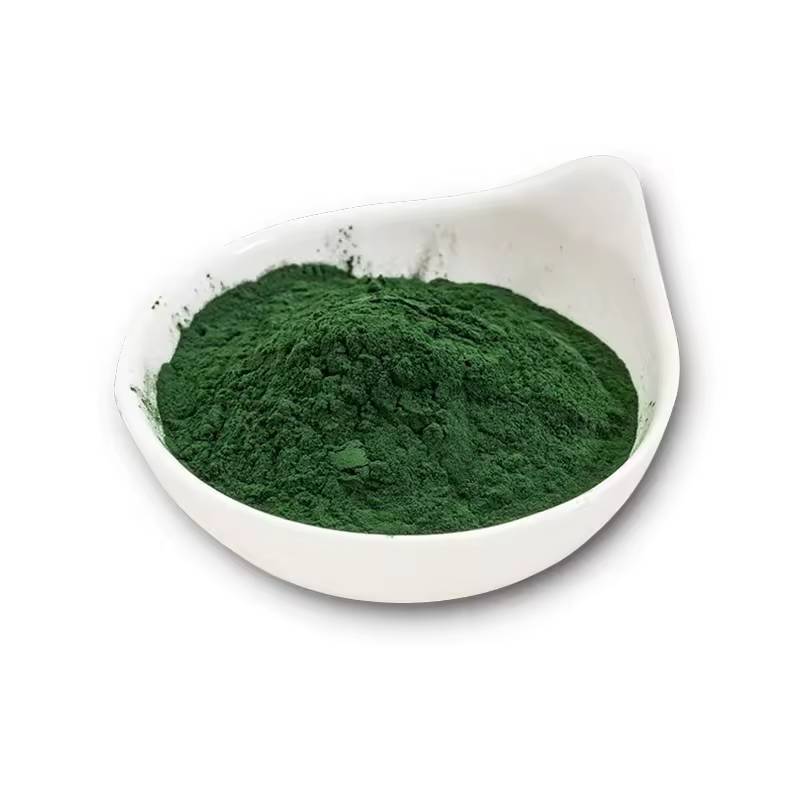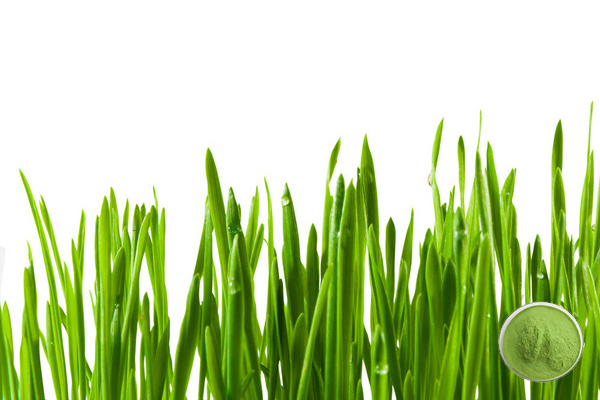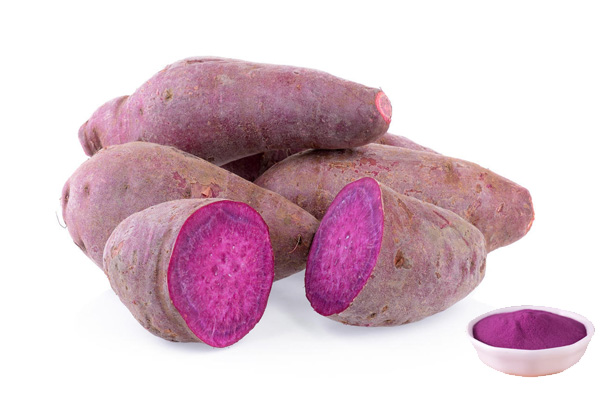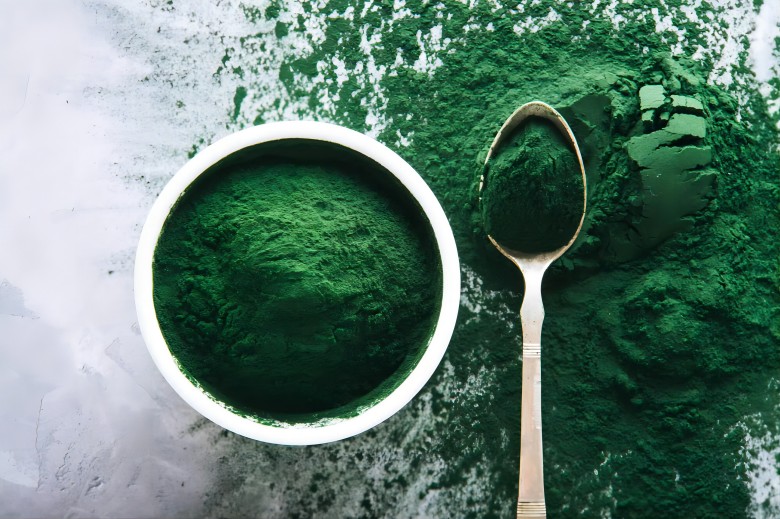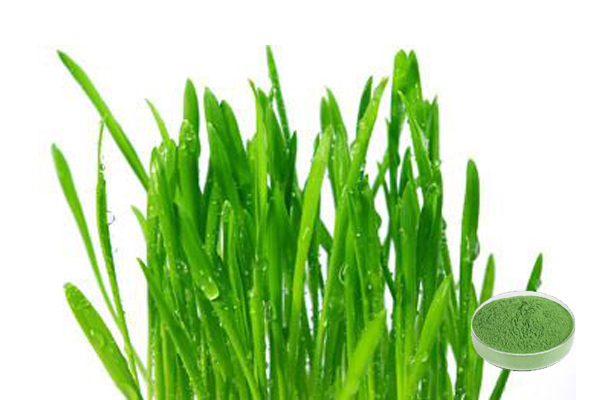Poudre de spiruline de qualité alimentaire 55% protéine
Ingrédients actifs: protéines
Analyse :55%
Méthode d’essai :Kjeldahl détermination
Apparence: poudre Fine vert foncé
Résidu de Pesticide: conforme à la norme (ce) No 396/2005
- Description Description
- Fiche technique
- Certificat de formation
-
Qu’est-ce que la poudre de spiruline de qualité alimentaire?
La spiruline est la nourriture naturelle verte la plus complète et la plus équilibrée avec la nutrition la plus complète que l’humanité ait jamais trouvée dans le monde naturel....... Sa teneur en protéines est aussi élevée que 65% ou plus et contient toutes sortes d’acides aminés requis par le corps humain, et le rapport est raisonnable, le plus approprié pour le corps humain à absorber et à utiliser, qui comprend 9 types d’acide aminobenzoïque essentiel au corps humain et ne peut pas être synthétisé par le corps humain, et son contenu est presque le même que la norme idéale stipulée par les Nations unies. Il est également riche en une variété de vitamines, de minéraux et de chlorophylle, et source de bleu et d’autres substances biologiquement actives.
Green Spring Technology fournit la poudre de spiruline de qualité d’alimentation, qui est faite à partir de pure, non polluante, base de culture d’algues de haute qualité de Spirulina obtusususus, par le séchage par pulvérisation, tamisage et stérilisation. Il est riche en protéines solubles dans l’eau, EAA (18 sortes), l’acide γ-linolénique (acide gras insaturé naturel), le β-carotène, les vitamines (le contenu de VB12 est le plus élevé), le SOD de superoxyde, la chlorophylle, et d’autres nutriments. Il peut améliorer l’immunité des organismes animaux et est un additif d’alimentation animale de haut niveau.
Fondée en 2000, Green Spring est une société de biotechnologie leader en Chine. Elle produit selon les normes de qualité ISO, HACCP et autres, et ses produits sont tous mis en œuvre avec les normes internationales les plus élevées de l’industrie, en conformité avec les normes ue EC396, ue 2023/915, et les normes les plus élevées de résidus de solvants. Green Spring a obtenu des certifications Halal, casher, COSMOS, BRC, IFS, FDA, ISO et bien d’autres. Les rapports des essais faisant autorité de tiers sont disponibles.
Spécification:
Nom du produit
Poudre de spiruline
Ingrédients actifs
protéines
analyse
55%
Méthode d’essai
Détermination de Kjeldahl
apparence
Poudre Fine vert foncé
Résidus de pesticides
Conforme à la norme (ce) n ° 396/2005
Règlement:
Il est conforme à la réglementation de l’ue.
Learn More About Our Comprehensive Solutions for Compliant and Consistent Spirulina Extract Ingredients.
Vous cherchez un devis?Benefits:
Rich in Nutrients
Spirulina protein accounts for 50% -70% of cell dry weight and has a digestion and absorption rate of over 95%. It is a high-quality source of protein, surpassing meat, eggs, milk powder, grains, and soybeans. At the same time, there is a rich variety of amino acids, rich in all essential amino acids required by the human body, and the composition is reasonable, among which leucine, isoleucine, and valine have the highest content.
Rich in Chlorophyll
Chlorophyll in Spirulina is high in quantity and quality, accounting for 1.1% of the algal body, which is 2-3 times more than most terrestrial plants and 10 times more than common vegetables. The type of chlorophyll contained in Spirulina is mainly chlorophyll a. The molecular structure is very similar to human hemoglobin, which is the direct raw material for the synthesis of human hemoglobin.
Anti-inflammatory
The anti-inflammatory effects of Spirulina are mediated through its ability to block the release of histamine and other inflammatory substances from the immune system. Polyphenolic antioxidants and phycocyanin in algal cells exert their anti-inflammatory and antioxidant effects by integrating the NrF2 and NF-kB regulatory pathways; lipid extracts and alkanes also inhibit the expression and secretion of pro-inflammatory factors (TNF-alpha, IL-1beta, and IL-6) by suppressing the NF-kB pathway. A clinical trial showed that allergic rhinitis treated with spirulina significantly improves its symptoms, including improvement of runny nose, sneezing, nasal congestion, and itchy nose.
Immunity Regulation
Spirulina has a strong enhancing effect on the human immune system. Studies in different animal models, such as mice, chickens, and fish, have shown that Spirulina can improve the function of immune cells and immune organs, enhance the ability to function normally under the environment of infectious agents and toxins, and, at the same time, promote the value-added of bone marrow cells and enhance the production of IL-1 and antibodies by splenocytes cultured in vitro. Among them, Spirulina polysaccharides had a significant effect on increasing the number of antibody-producing cells and NK cell activity.
Microbiological Regulatory Activity
The microbiomodulatory activity of Spirulina prevents ecological disorders. The antimicrobial activity of Spirulina, on the one hand, protects the host from harmful bacterial infections, avoiding inflammatory bowel disease and metabolic and immune disorders, and on the other hand, promotes the growth of probiotic bacteria, thus restoring the normal microbial balance. Spirulina inhibits the growth of some Gram-negative bacteria (Escherichia coli, Pseudomonas aeruginosa, Proteus vulgaris) and Gram-positive bacteria (Staphylococcus aureus, Bacillus cereus) and produces extracellular metabolites with antimicrobial activity, which are particularly resistant to Streptococcus intestinalis, Staphylococcus epidermidis, Candida albicans, Staphylococcus aureus, and Escherichia coli.
On the other hand, Spirulina has a promoting effect on the growth and preservation of Lactococcus, Bifidobacterium, Lactobacillus acidophilus, Lactobacillus bulgaricus, Lactobacillus casei, and Streptococcus thermophilus. In vivo application studies also showed that microbiota composition, metabolism and immune disorders in the gastrointestinal tract were significantly altered in mice consuming Spirulina. Therefore, the combination application of Spirulina and probiotics has stronger immune and intestinal health regulating function than probiotics alone. It can be seen that Spirulina has an important role in improving animal and human health, changing the composition of intestinal flora, and promoting the growth of beneficial flora.
Applications:
For Feed Product:
Spirulina powder can be used for high-grade feed additives in addition to direct consumption as food or additives. Using Spirulina with feed to feed shrimp seedlings, and young abalone, compared with feeding with conventional feed, the survival rate of seedlings greatly improved.
In Cosmetics:
The polysaccharides and bioactive substances in Spirulina can reduce the formation of lipofuscin in tissues by scavenging free radicals in human body and reducing lipid peroxidation, thus reducing pigmentation, wrinkles, etc. It has the effects of moisturising, anti-aging and anti-ultraviolet rays. And spirulina will not stimulate the skin and produce allergic reactions, is a good cosmetic beauty products.
In the Food Field:
Spirulina powder is nutritious, rich in protein and a variety of amino acids, and has been used in a wide range of foods. Algae of the genus Spirulina have been widely used in the manufacture of pasta. The Spirulina-added products are characterized by enhanced nutritional, organoleptic, and therapeutic benefits compared to pasta without Spirulina.
-
Get Your Free COA
-
Télécharger le document
Cosmos Green Spring Technology
Télécharger le documentHalal Green Spring Technology
Télécharger le documentKosher Green Spring Technology


 Anglais
Anglais français
français espagnol
espagnol russe
russe coréen
coréen japonais
japonais



